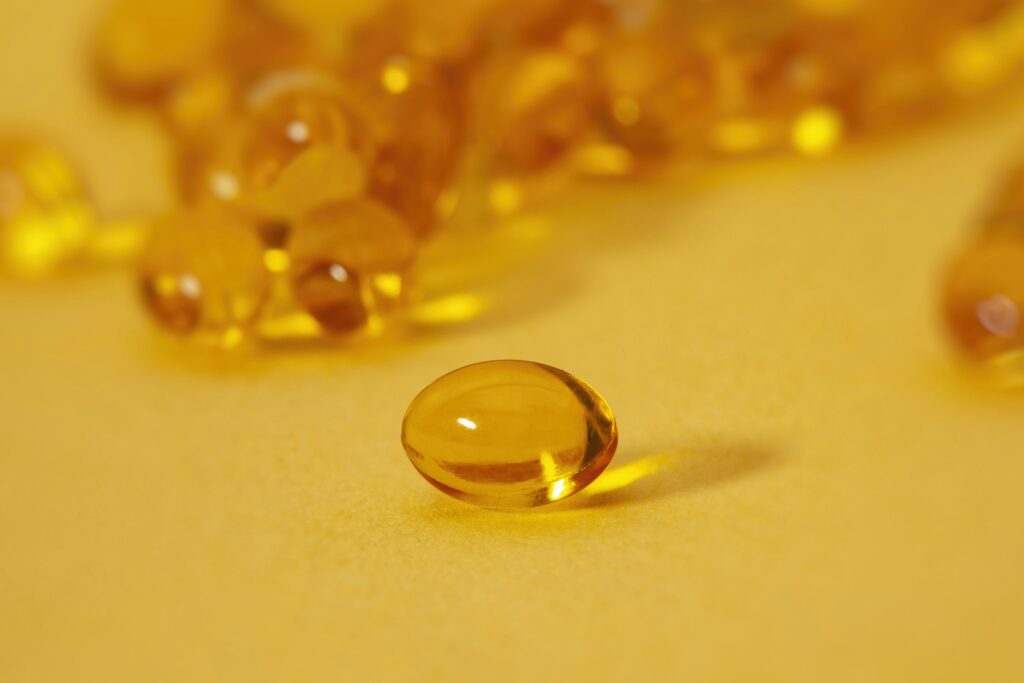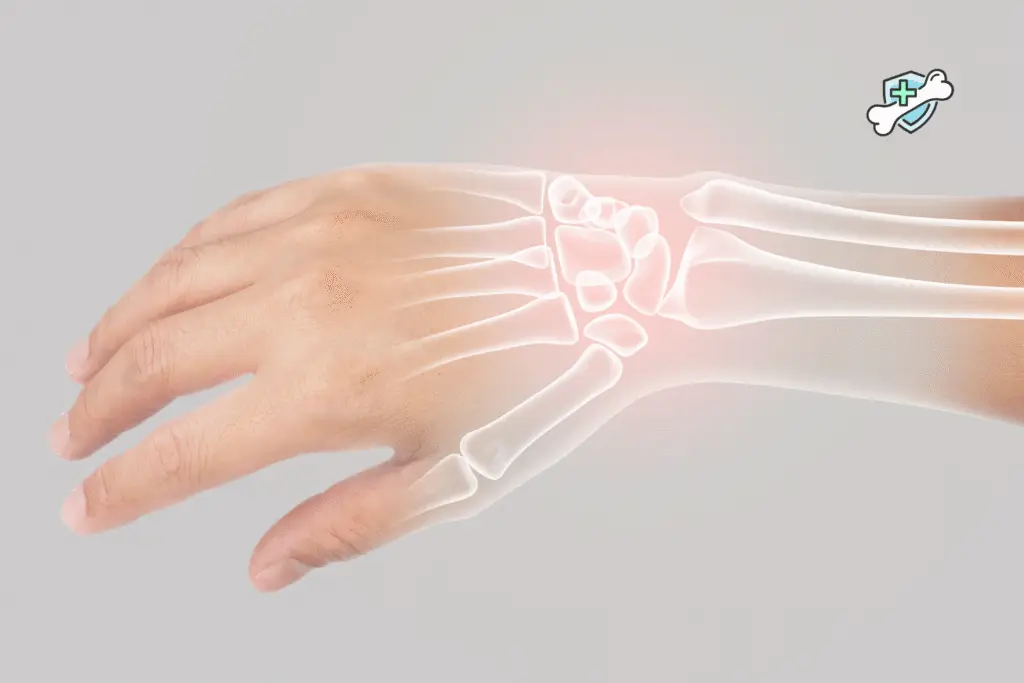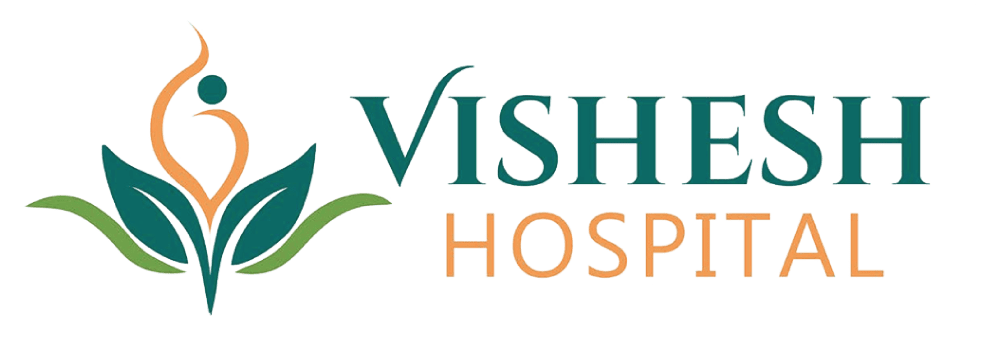Vitamin D Deficiency: Causes, Symptoms & Latest Solutions (2025 Guide)

Vitamin D Deficiency: Causes, Symptoms & Latest Solutions (2025 Guide) Published by Vishesh Hospital Facebook Twitter Youtube Explore the latest trends, symptoms, causes, and research on vitamin D deficiency in 2025. Understand risk groups, health effects, and recovery strategies What is Vitamin D Deficiency? Vitamin D deficiency means the body has inadequate levels of vitamin D […]
Nutrition Tips for Stronger Bones

Nutrition Tips for Stronger Bones: A Complete Guide to Bone Health Published by Vishesh Hospital Dr. Rahul Agrawal – Orthopaedic Surgeon Facebook Twitter Youtube Strong bones are the foundation of a healthy, active life. At Vishesh Hospital, we see countless patients dealing with bone-related issues that could have been prevented with proper nutrition and lifestyle […]

